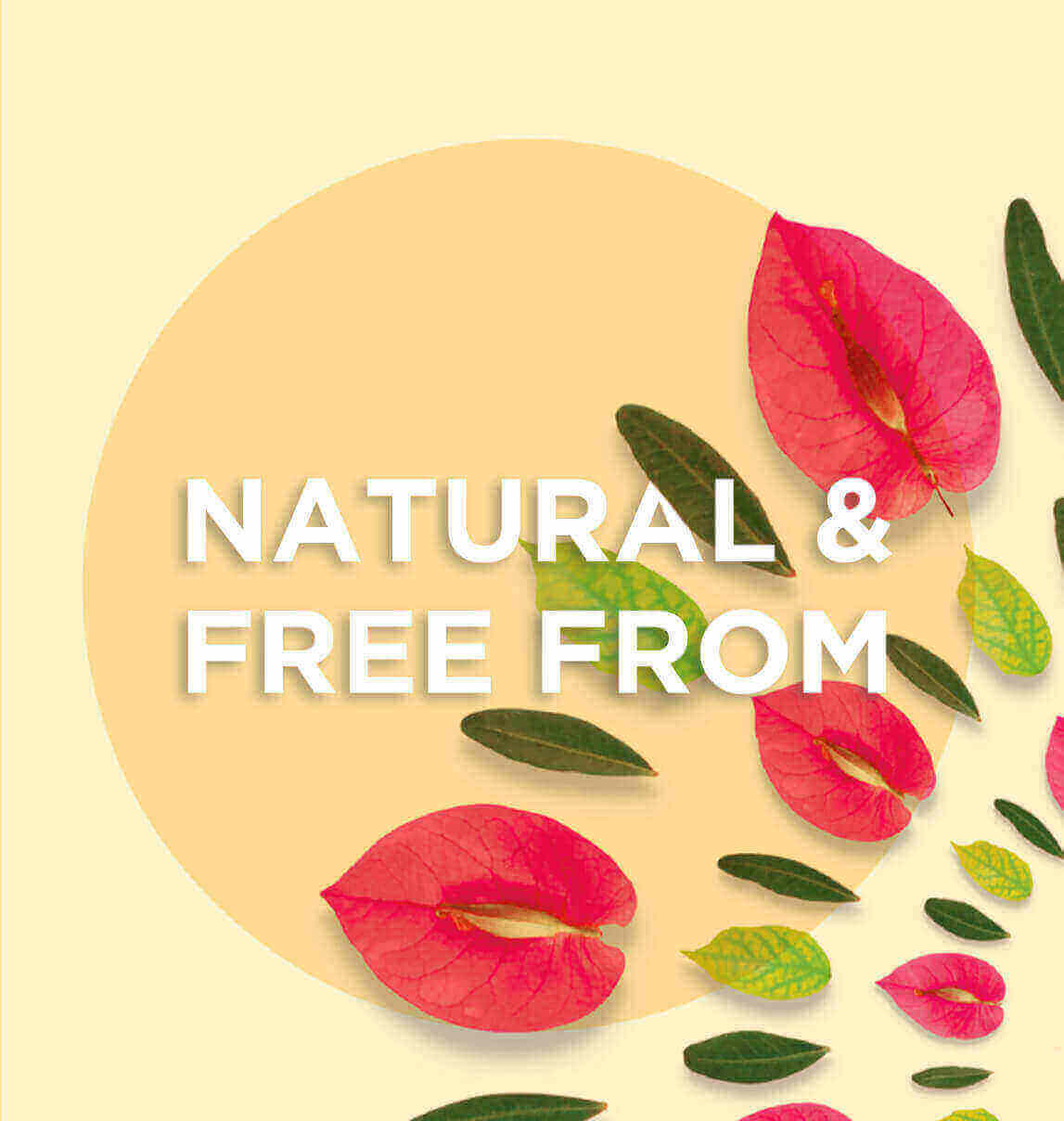Zinc is a “trace element”, present in our bodies in small quantities. However, its role is fundamental as it serves as a cofactor to more than 200 enzymes. Its role is less important than that of magnesium but is important nonetheless!
Zinc, hormones and sexual desire
Zinc is used in the manufacture of testosterone and estrogens and its presence is crucial to allowing these molecules to adopt the right spatial configuration.
All this might seem very complicated, but just imagine the hormone as the key that has to open a lock (the cellular receptor). If the key does not have the correct shape, it will not be able to open the lock ; likewise if the hormone does not have the right shape, it will not be able to activate the cellular receptor!
Indeed testosterone is a hormone involved in the libido, in men, just as in women. A zinc deficiency, even a minimal one, will therefore cause a decrease in sexual desire.
As for estrogens, they are essential in the smooth running of a pregnancy, which explains why a zinc deficiency can cause a decrease in female fertility as well as early miscarriages.
Other effects of zinc deficiency
Sex hormones are not the only ones to be affected in this key and lock story.
In the brain, zinc intervenes in the configuration of receptors to the neurotransmitters, the molecules that transmit messages between our neurons. Zinc deficiency can therefore lead to “mood disorders” (in other words, depression), which does not help sexual desire!
The disorders most frequently observed in people with zinc deficiency are:
- a significant loss of appetite
- delayed or impaired growth
- moderate to severe weight loss
- an alteration of the sense of taste and smell
- problems in healing
- problems with acne or psoriasis
- hair loss
- white spots on nails
When should we think of a zinc deficiency ?
First of all, it should be noted that according to a study carried out in the Val de Marne, France, more than 80% of adults do not receive the recommended zinc intake.
So statistically you already have 8 in 10 chance of lacking zinc ….
But there are certain signs that should alert you to a deficiency:
- If you have chronic diarrhoea and especially if you have celiac disease (gluten intolerance) or Crohn disease. Indeed, these digestive problems favour the elimination and impedes zinc absorption.
- Your zinc requirements are increased if you are taking the birth control pill, if you are pregnant or breast-feeding.
- If you are taking iron supplements, as iron antagonises the absorption of zinc in the intestine.
- If you have white spots on your nails or if you lose your hair.
- If you notice that your sense of taste or smell alters.
How to increase your zinc intake?
- Oysters are rich in zinc, and a renowned aphrodisiac ! So if you like them, do not deprive yourself …
- Also consider adding squash, sunflower seeds or wheat germ to your salads.
- Finally, red meat and egg yolk are also good sources of zinc, as well as cocoa
My advice
As we have seen, the reasons for a lack of zinc are many and the consequences of zinc deficiency are numerous too.
If you have signs of deficiency, and if you want to boost your libido or fertility, you should take regular supplements containing zinc because our body is not able to store it.
But be careful, if your doctor has advised you to take iron supplements, consider taking them at different times of the day.





